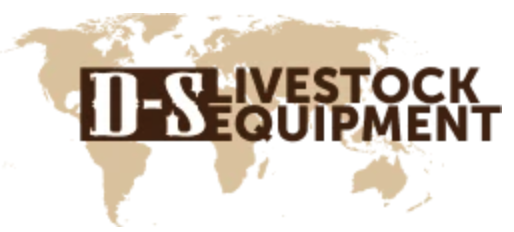Acquiring the Right Livestock Handling Equipment for Your Cattle Operation Is Vital for Success!
Are you raising beef cattle to produce meat or to breed? Raising purebred cattle or as commercial stock, dividing your cattle breeds into maternal (moderately sized cows) or terminal (sires that are bigger) and used to produce meat means getting the right equipment to help you succeed whatever the scope of your goals.
Equipment Needs
Running your livestock operation means you’ll need the right equipment to help maintain your animals profitably. Basic equipment includes feeders, water tubs (or watering systems), health care equipment and cattle handling equipment for safety. Here is a rundown of what you might need:
Access to feeders: Feeders keep your cattle from eating off the ground to both deter parasite infections and from wasting feed that can fall onto the ground. Feeders can accommodate hay and grain or just hay or just grain. The size of the feeder may depend on whether your cattle have free-choice access to their feeders all during the day. Feeders can also just be simple troughs that contain your cattle’s supplemental protein, energy, or minerals for grazing.
Access to water: Water is a vital nutrient for your cows as it directly affects their feed consumption. If your animals only have access to poor-quality water (or insufficient amounts of water) this can lower their feed intake and decrease their performance. Whether you are using buckets, troughs or automatic watering systems the main consideration is to ensure their water is fresh, clean, and available whenever they need it.
Health maintenance: Preventing disease involves tagging, vaccinating, dehorning, castrating and deworming so having the proper equipment to perform these is important.
Handling equipment: This equipment allows you to more effectively handle your cattle day-to-day. Whether you are gathering your animals into a group pen, herding them into a chute to hold them for routine health care or sorting or using gates to contain your cattle while producers perform their tasks.
If you are looking for equipment for your cattle operation, you have come to the right place! Our D-S Livestock Handling Equipment sales team in Frostburg, Maryland, has helped many producers such as yourself and is ready to help you get the tools you need to succeed! Just call 800-949-9997 or go online to view our Products.
